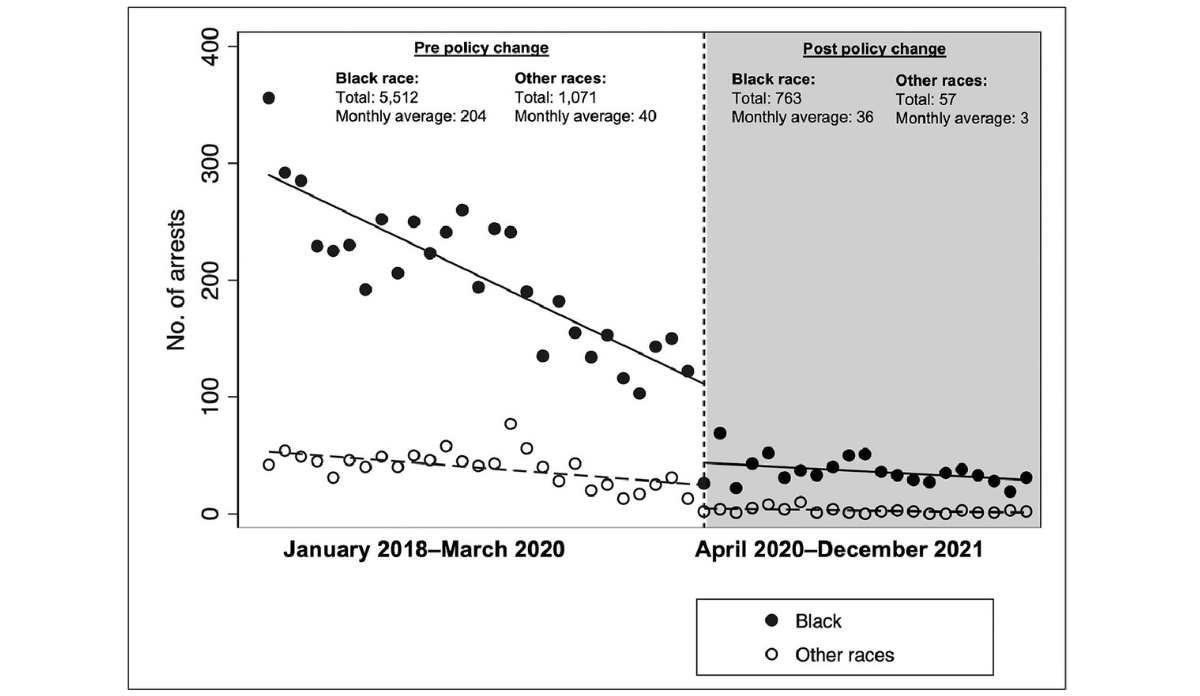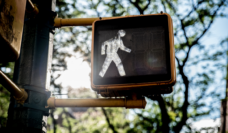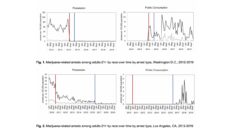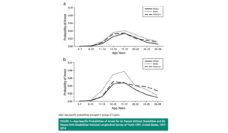The infamous “war on drugs” effectively criminalized substance use, setting harsher punishments for drug offenses. It failed to reduce substance misuse, but it did increase drug arrests overall.
The “war on drugs” also terrorized minority communities, who were more often targeted by law enforcement. Even in recent years, Black individuals are more likely to serve time in jail after being arrested for drug offenses.
In response to these disparities, many states have decriminalized some substances, meaning that use is still illegal but the criminal charges are removed. Instead of sending users to jail, they can be referred to treatment. State-wide decriminalization has reduced arrest rates among Black individuals, especially.
Decriminalization can be done at the local level. In 2020, instead of creating a new policy, Baltimore prosecutors simply stopped prosecuting several low-level offenses, including drug possession. Saba Rouhani and colleagues evaluated this de facto decriminalization for its impact on racial differences in arrest rates.
The authors examined arrest data two years before Baltimore’s de facto decriminalization began (2018) to one year after (2021). They excluded cannabis-related arrests, as cannabis use was already decriminalized. They included both street arrests and processed arrests (i.e., those who were processed and advanced through the court).
Before de facto decriminalization in 2020, possession arrests averaged 244 per month. After decriminalization, arrests declined to 7.7 per month. Both street and processed arrests declined during this time.
The figure above shows street arrests for Black individuals compared to other races. Black individuals were 5 times more likely to be arrested before decriminalization. Among all races, there were quick reductions in arrests. But Black individuals showed the largest decrease, declining by more than 5 arrests per month after decriminalization.
Decriminalization can reduce arrests and improve racial equity. However, the authors point out Black individuals still have higher arrest rates than other races. In other words, decriminalization doesn’t fully remove structural racism in arresting.
Databyte via Saba Rouhani, Catherine Tomko, Bradley E. Silberzhan, et al. Racial Disparities in Drug Arrest Before and After De Facto Decriminalization in Baltimore. American Journal of Preventive Medicine, 2023.














